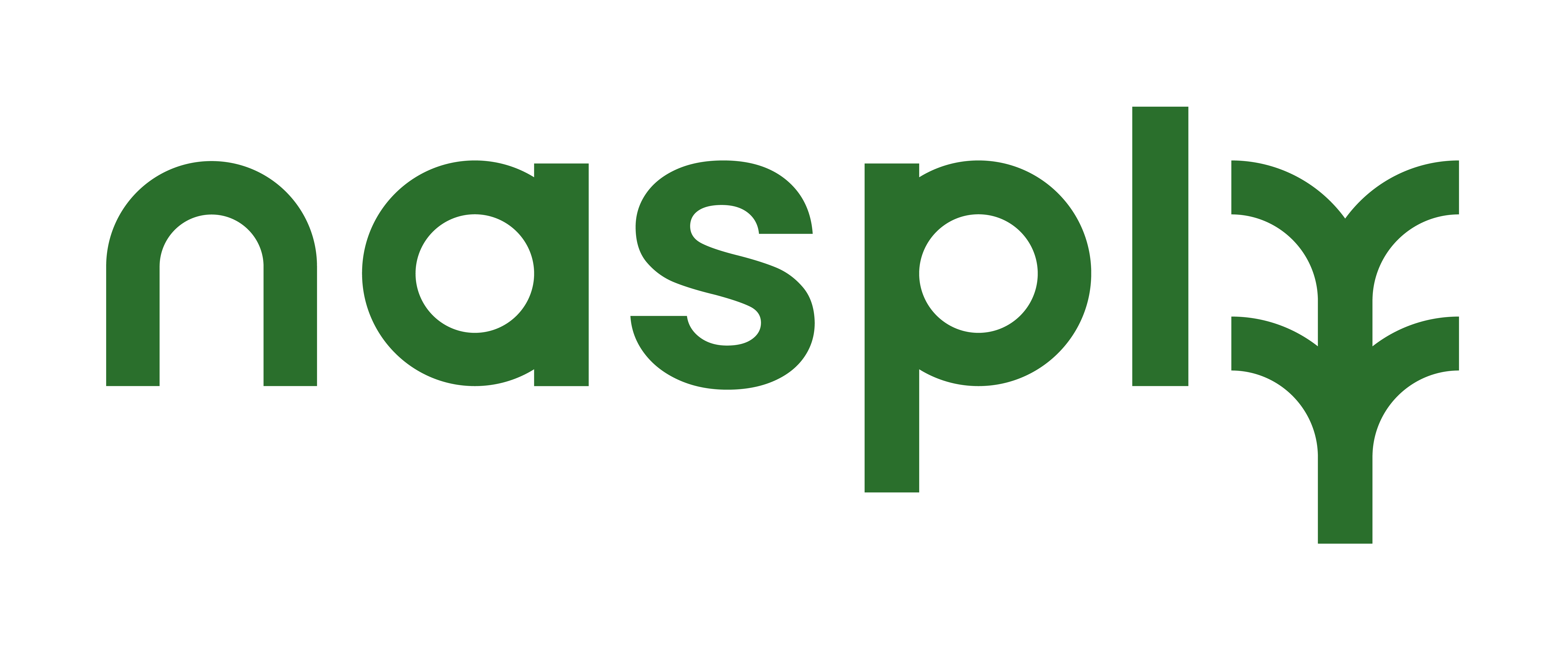In the EU, 21 % of the population faces the risk of poverty or social exclusion (Eurostat, 2019). These disadvantaged people in Europe are part of various cohorts including: People suffering from mental health problems: 7% of the EU population suffer from chronic depression with women particularly affected (Eurostat, 2014), Older people: Over 20% of people over 65 in Europe, Former drug or alcohol users, People with special needs, Early school leavers, immigrants and refugees. In many cases marginalization is intersectional, some of the above groups will experience increased discrimination and lack of opportunity due to additional aspects related to gender, race, ethnicity and coming from certain socio-economic backgrounds. The COVID-19 pandemic has exacerbated these issues of social isolation and exclusion and has also affected the mental health of a previously unaffected proportion of the population. Progress presents an opportunity and a need to build strong social networks where no one is left behind. Building a better Europe, a Europe of solidarity and care, will require better integration and support of previously neglected groups in society. The future also includes challenges linked to climate change, environmental sustainability and food security, as outlined in the European Green Deal, the 2030 Biodiversity Strategy and the Farm to Fork Strategy. These challenges need to be addressed not only with technological advances, but also with slow and small-scale, accessible local solutions that are human-centered and human-driven. A holistic approach to the regeneration of ecosystems and communities, in line with the objectives set by the EU through its policies, is that of permaculture, and more specifically, social permaculture. The concept of permaculture incorporates sustainability through working with nature and building resilient communities. His ethics can be simplified into three main aspects: Care of the Earth, Care of People, Fair Share. Working in a group, designing together, creating gardens, community spaces or built structures (eg water catchment unit, compost pile, compost toilet, small pond, growing bin, etc.), seeing the plants and growing food, organizing community events, focusing on local governance, health and wellbeing issues, being outdoors as a community – these are all exercises that have plenty of benefit for the mental well-being of participants, as well as providing life skills in the design aspects, of co-designing, executing a community project. Permaculture offers a holistic and complex yet simple and realistic framework that can be applied basically anywhere in social and natural environments. Despite all these benefits, social workers / educators / trainers and people working with disadvantaged adults will not necessarily have the skills to carry out such activities and build self-sustaining permaculture gardens, social or material structures with the vulnerable adults in their care. This teaching material aims to fill this knowledge gap and build on the work of existing projects to create a social permaculture training for people working with vulnerable adults, as well as for vulnerable adults to increase their knowledge and skills to be able to use tools from social permaculture and nature healing to improve well-being and social resilience.
- adminModule 1 Social permaculture and resilient communitiesLifetimeAll levels12 Lessons1 Quiz73 StudentsFree
- adminModule 2 Nature ecosystems and permaculture designLifetimeAll levels13 Lessons1 Quiz50 StudentsFree
- adminModule 3 Life-skill development through permaculture learningLifetimeAll levels17 Lessons1 Quiz52 StudentsFree





